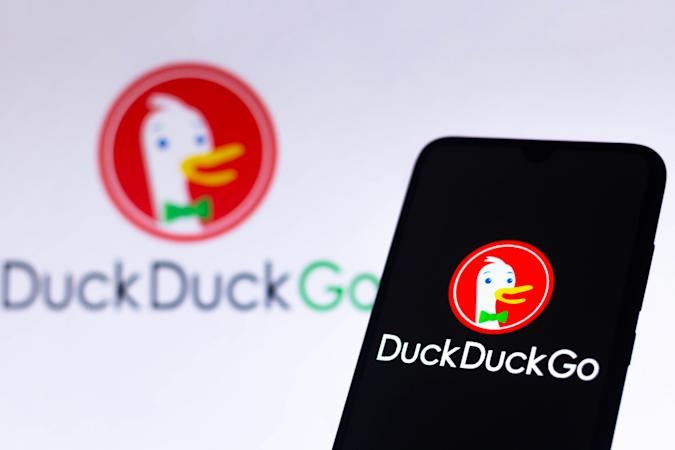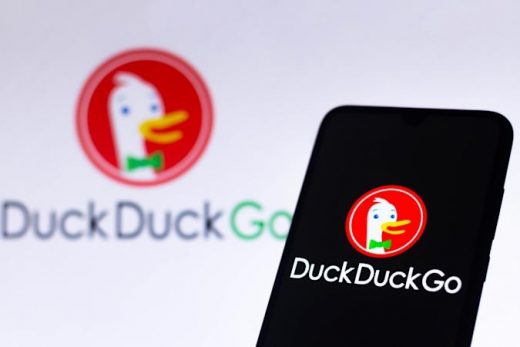DuckDuckGo removes search results for major pirate websites
DuckDuckGo will demote Russian propaganda in search results
The search engine’s founder said he was “sickened” by Russia’s invasion of Ukraine.


The search engine DuckDuckGo will be down-ranking sites that spread Russian propaganda and disinformation. In a tweet, founder and CEO Gabriel Weinberg wrote that the privacy-focused search engine would be releasing updates that would ensure Russian disinformation sites rank further down in search results. Earlier this month, DuckDuckGo announced it would pause its relationship with Russian-state owned search engine Yandex.
A number of platforms including the Meta-owned Facebook and Instagram have also demoted posts from Russian state media. Google has been down-ranking search results from Russian state news agencies since 2017.
Known for being a “privacy-minded” search engine, DuckDuckGo does not track its users or sell data to third parties. The company primarily makes money from affiliate links and non-targeted, contextual ads. DuckDuckGo, which regularly donates to digital rights groups like the Electronic Frontier Foundation and non-profit newsroom The Markup, has also been embraced by conspiracy theorists and far-right groups in recent years. A number of studies highlighted in the New York Times found that Bing’s search algorithm, which powers DuckDuckGo, surfaces more sites that promote conspiracy theories than Google.
Many fans of DuckDuckGo criticized the search engine for its decision on Russia, likening it to “censorship”. It’s unclear whether DuckDuckGo will make a wider effort to down-rank disinformation.
Weinberg did not detail in his tweet which Russian propaganda sites DuckDuckGo would target, or whether the search engine will target other types of disinformation, such as on climate change or COVID-19.
DuckDuckGo provided Engadget with the following statement regarding this change:
The primary utility of a search engine is to provide access to accurate information. Disinformation sites that deliberately put out false information to intentionally mislead people directly cut against that utility. Current examples are Russian state-sponsored media sites like RT and Sputnik. It’s also important to note that down-ranking is different from censorship. We are simply using the fact that that these sites are engaging in active disinformation campaigns as a ranking signal that the content they produce is of lower quality, just like there are signals for spammy sites and other lower-quality content. In addition to this approach, for newsworthy topics we’re also continuing to highlight reputable news coverage and reliable “instant answers” at the top of our search results where they are seen and clicked the most. We’re also in the process of thinking about other types of interventions.
Update, 3/11/22 2:45PM ET: This story has been updated with DuckDuckGo’s statement on the move. We’ve also updated the headline and added additional context to this story based on DuckDuckGo’s statement.
(29)


